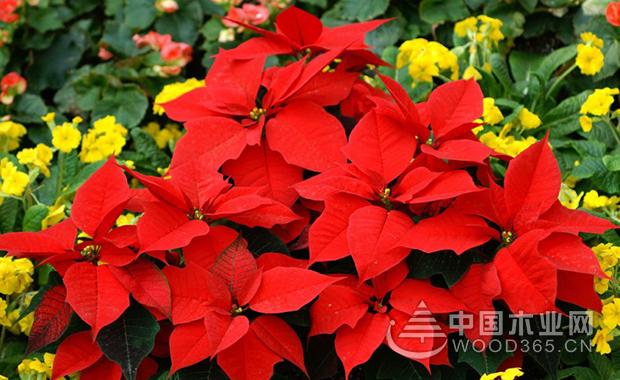Poinsettia is a favorite winter interior decoration flower. A happy look, the flowering period lasts from December to February of the coming year, and the bright red is full of festive and happy atmosphere. Some people think that the whole plant is poisonous, and the white juice in the stems and leaves will irritate the skin, which may cause redness and swelling of the skin, causing allergic reactions. If you eat the stems and leaves, you may vomit, abdominal pain, or even death from poisoning. There are also rumors that toxic is unscientific. As early as 1971, Ohio State University conducted a special study on the toxicity of poinsettia. It was found that after eating a large dose of Poinsettia leaves, the white rats had no abnormalities in their diet and daily behavior, and there were no symptoms such as death or poisoning. The US Toxicology Bulletin (POISINDEX) provided a study of the Toxicology Information Center and concluded that a child weighing 50 kg consumed 500-600 tablets of poinsettia leaves without poisoning. A telephone interview with Klug in 1990 showed that very few people had a skin discomfort with the white juice of poinsettia, and 0 of the 353 people interviewed. 2% of people have red skin and 0.0028% have runny nose symptoms. In addition, according to the American Medical Association survey, no cases of death or serious injury after poinsettia intake were found. In short, it turns out that poinsettia is not as toxic as some media have said, and like other flowers, poinsettia is for people to watch rather than for human consumption. Therefore, when buying or maintaining a poinsettia, you can completely eliminate the concerns and enjoy the joy and joy brought by the poinsettia. Mobile Patient Lift,Portable Patient Lift,Mover Mobile Patient Lift,Hospital Mobile Patient Lift Jiangmen Jia Mei Medical Products Co.,Ltd. , https://www.jiamei-medical.com